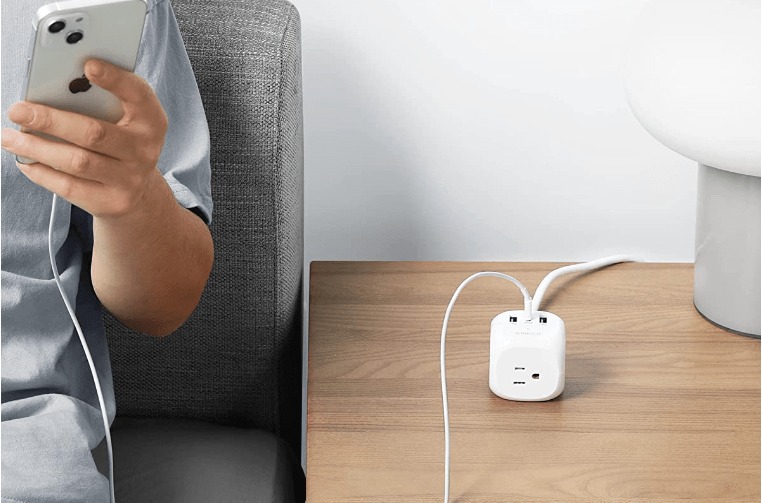A bad hair day can happen to anybody! Is it not? Do the models' bouncy, voluminous manes in hair care advertisements often feel like a far-off fantasy to you? We both think that most of them seem to go too far. However, according to hair care experts, with the right hair care, the goal of having healthy hair might become a reality. In this post, you'll find a handpicked compilation of the best hair care advice.
Regular Hair Washing
Regular hair washing keeps your scalp and hair clean and clear of excess oil and grime. The ideal frequency, however, may vary according on your hair type and preferences. Limit your shampooing to twice a week if your hair is too dry. Washing your hair every other day will assist if you have an oily scalp.
Use shampoos free of chemicals
You truly have no influence over the environmental elements that harm your hair, but you do have control over the shampoos you choose to use. Your hair will be healthier if your shampoo has less chemicals. Choose mild shampoos for your kind of hair. In shampoos, sulfates and parabens are used to lather and preserve hair, respectively. However, over time, these ingredients may irritate skin and raise the chance of hormone disturbances.
Correct condition
The chemicals in your conditioner help hair fall straight and manageable. It protects your hair from heat styling and environmental irritants. But you shouldn't apply it to your scalp; just the tips of your hair. Additionally, after using it, be sure to fully rinse it off.
Natural Hair Drying
We are aware. Your hair will become as gorgeous as that of your on-screen idol after blow drying. But using too much heat while styling your hair might harm the scalp. If you must, keep it to special occasions only. The ideal method for drying off after shampooing is with a towel or the air. Never comb damp hair or sleep with it in. The cuticle of your hair may be damaged by vigorous towel rubbing. Be kind.
Use the right hair oil.
Pre-shampoo therapies include massaging and oiling the scalp increase blood flow, calm your muscles, enhance shine, and nourish the hair. Additionally, it promotes hair development, replenishes moisture, and fixes split ends. You may choose from oils like castor oil, olive oil, almond oil, and coconut oil. Keep mineral oil away from your hair.
Make Use Of A Wide-Toothed Comb
Wet hair is brittle and more likely to break. Use a wide-toothed comb to brush your hair after letting it dry. This kind of comb guards against hair breakage.
Using natural hairstyles
Who doesn't like those lovely curls or waves? However, you may do them without subjecting your hair to heat. This is how:
Regular Hair Cutting
To get rid of split ends, trim your hair every six to eight weeks. When the hair is damaged through heat styling, pollution, smoking, stress, and other factors, split ends develop. The hair does not miraculously grow more quickly after a trim. Even though hair development occurs at the scalp level, trimming guarantees healthy hair.
Consume more water
The secret to balanced and healthy hair is both internal and exterior moisture. Even if you use moisturizing hair oils and treatments, consuming at least 3 liters of water each day will keep your hair healthy.
Eating Well
As long as we write about skin and hair care, we will continue to say "you are what you eat." Proteins and amino acids make up your hair. It need the proper nourishment to sustain and develop healthily. Among the many excellent meals for good hair are eggs, berries, almonds, salmon, green leafy vegetables, and sweet potatoes.
Use hats or hair caps
The same goes for your hair as it does for your skin when exposed to sunshine. Your hair may lose moisture when exposed to harsh sun rays, which over time can cause it to become dry, brittle, and damaged. When you go outside, cover your hair with caps to prevent this harm. When you are in a pool, cover your hair with a hat. Your hair will not thrive in chlorinated water.
Employ hair bands
We like showing off our open hair, but we do wear hair bands to reduce the hair's exposure to potentially damaging external factors. Use cloth hair ties as opposed to plastic ones. When creating a ponytail or any other hairstyle, avoid pulling your hair too tightly.
To dry, use an old t-shirt or a hair wrap.
It's a new one. You may dry damp hair with your t-shirt without harming the hair. Traditional towels cause long-term hair damage by being hard on your hair's cuticles. From now on, save your soft, used t-shirts!




